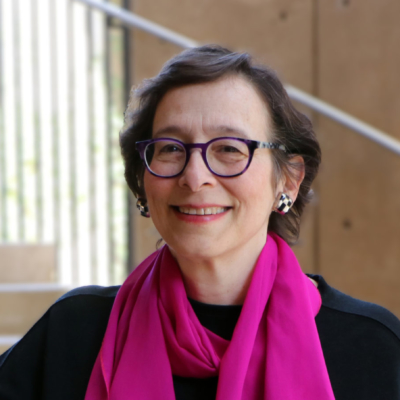The Supreme Court After Scalia
Summary
History, as a rule, unfolds slowly at the Supreme Court. The Justices serve for decades. The cases take years. The Court’s languorous work schedule includes three months of downtime every summer. But the death of Antonin Scalia, earlier this year, jolted the institution and affirmed, once again, a venerable truism, attributed to the late Justice Byron White: “When you change one Justice, you change the whole Court.” For the first time in two generations, the Court’s liberals were ascendant. After many years of liberal Justices struggling to win big cases, suddenly they couldn’t lose them. But this, too, might represent only a brief interregnum. The future of the Supreme Court always depends principally on the outcome of Presidential elections; this year’s race will have a nearly immediate impact on the fate of the Court. But the changes may only begin with a replacement for Scalia. Stephen Breyer is seventy-eight, Anthony Kennedy is eighty, and Ruth Bader Ginsburg is eighty-three. If all of them have to be replaced in the coming four years, the next President will have a Supreme Court legacy comparable to that of Richard Nixon, who filled four vacancies in a little more than two years, or Ronald Reagan, who filled four vacancies in seven years, or Dwight Eisenhower, who filled five vacancies in five years.
…
“People use ‘Citizens United’ as shorthand for all the problems of money in politics, but in fact the decision itself had little to do with money in politics, and reversing it would do little or nothing to remove money in politics,” Pamela Karlan, a professor at Stanford Law School who also worked in the Obama Justice Department, told me. Justice Kennedy’s decision for the Court in Citizens United, though now symbolically important, held that the First Amendment prohibited the government from penalizing a nonprofit corporation that was distributing a political film during an election year. The notion that corporations have First Amendment rights, which is central to the decision, has had little to do with the role of money in political campaigns. Subsequent decisions that limited the government’s power to regulate campaign financing also had modest practical impacts. “Google, Ford, and other companies don’t generally support individual candidates. They spend their money on lobbying,” Karlan said. “Citizens United has nothing to do with the huge amount of money, the dark money, that is being spent by rich individuals to influence campaigns and public opinion. In our system, there’s basically nothing you can do to stop the Koch brothers from independent spending in elections. That’s their right under the First Amendment.” Even Clinton’s proposed constitutional amendment (which, like all proposed amendments, would have virtually no chance of adoption) would make little difference. According to Karlan, a more liberal Court would probably allow some state-based experiments in public funding of campaigns, but the Court certainly would not take a leading role in limiting the influence of money in politics.
Read More
